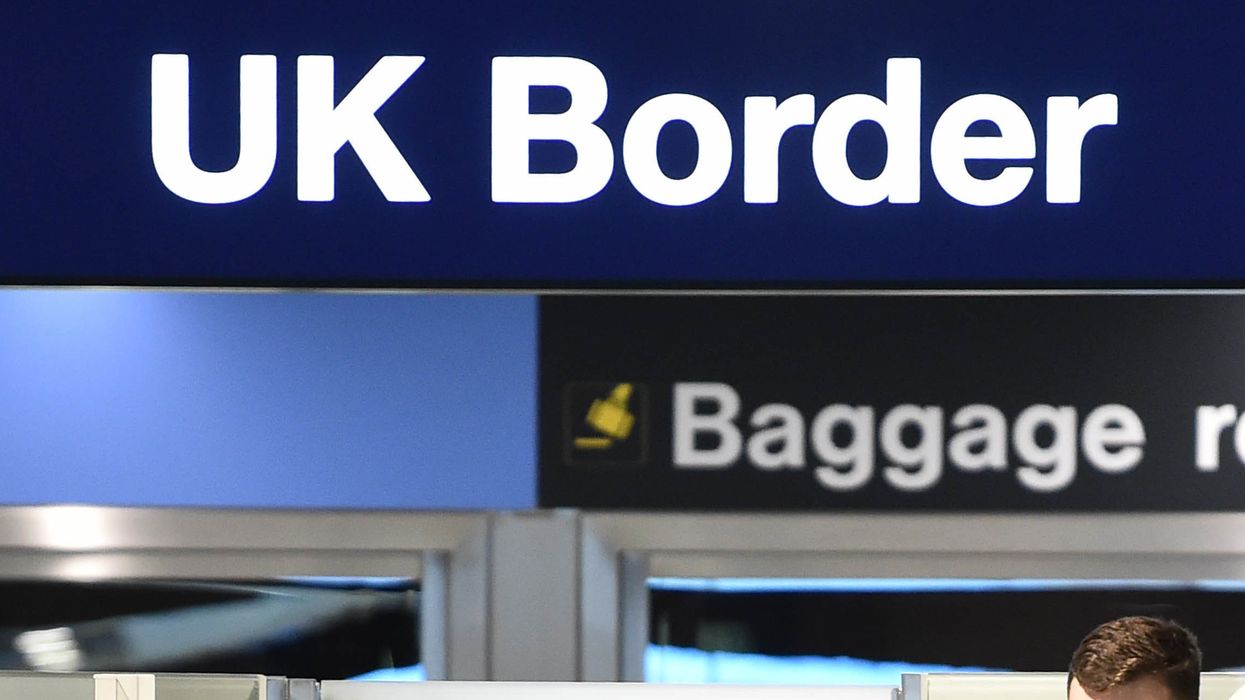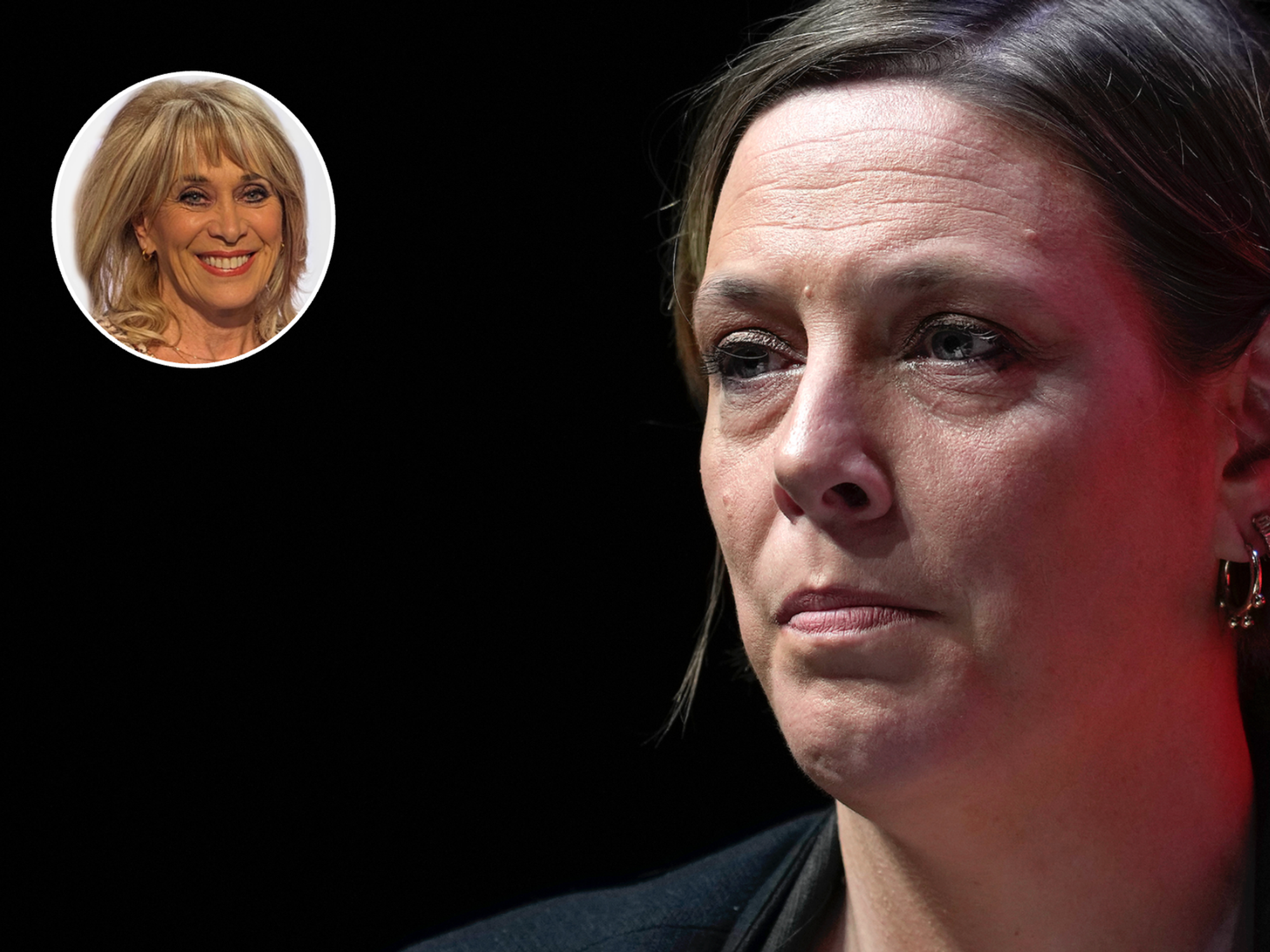'Sweden provides a terrifying glimpse of how much worse things may get in Britain,' says Mark Littlewood

Mark Littlewood says the liberal approach to immigration is not unfolding as many had hoped
|PA
Mark Littlewood is the Director of PopCon
Don't Miss
Most Read
Latest
Finally – and in no small part thanks to GB News’ coverage – immigration as a topic is being discussed in a meaningful, serious and in-depth fashion. But to properly tackle the issue, we are going to need to unpeel it like an onion.
The liberal approach to immigration is not unfolding as many of its proponents had hoped (or even promised).
The basic thought process was that embracing freedom of movement (or at least something close to it) would supercharge economic growth and put a rocket booster on productivity rates.
In many ways, this cosmopolitan approach was firmly rooted in sound, classical economic thinking.
Free traders believe that prosperity is enhanced by allowing the free flow of goods and services.
It encourages specialisation and can therefore be a win-win.
If you’re good at growing bananas and I’m better at making wine and we both want wine and bananas, it makes sense for you to focus on fruit, and me on alcohol.
The two of us then trade rather than each of us trying to provide for all of our own needs.
The reasoning was that we should apply the same theory to the labour market. If we don’t have enough good cab drivers, fruit pickers, footballers or brain surgeons, don’t despair. Just import them.
However, enthusiasts for a more open immigration policy seriously overlooked some pretty obvious potential pitfalls. Those are now becoming all too apparent.
Assimilation was simply assumed. Immigrants would bring their own backgrounds, ideas, cultures and experiences, but surely would just naturally fit in with the social mores, attitudes and approaches of their new country. In many cases, that might be true, but certainly not all.
Sweden is perhaps the standout example of a liberal immigration policy unravelling.
This nation – often heralded as some sort of progressive nirvana – now has the highest rate of gangland killings in Europe and the lowest average age for those convicted of serious criminal offences.
Swathes of suburban areas have become “no-go” areas. This is not the peaceful and serene Sweden of our imagination.
In addition to cultural integration not going to plan, we often fail to price in the cost of government.
No doubt, the government does too much and often does it badly, but that doesn’t make the cost any less real.
In rough and ready terms, UK government services cost about £14,000 per head every year.
Sure, the exact numbers will vary a lot. The sick cost more to cater for than the healthy.
The elderly and the young tend to use more government services than those in middle age.
But keep that £14,000 rough figure in mind. If those coming in aren’t contributing that amount in tax, they are likely net beneficiaries – not net contributors – to the Exchequer.
Finally, whatever sort of immigration policy you might favour, it requires some sort of effective enforcement mechanism (unless you really believe in completely open borders).
This is badly lacking in the UK and many other European nations.
Added to that, we have allowed an overarching human rights culture that makes it hard to implement anything.
READ MORE OPINION:
Argue about the upsides and downsides of Rishi Sunak’s Rwanda plan as much as you like, it seems there’s a fair to medium chance that the legal establishment will frustrate and out-trump the legislative decision of Parliament.
Until we have an approach to asylum and immigration that makes sure integration occurs, bills are paid, social cohesion is encouraged and enforcement is properly carried out, Sweden provides a terrifying glimpse of how much worse things might get.
At last, mainstream politicians are discussing potential policy solutions – but that doesn’t mean they have yet to find them.










